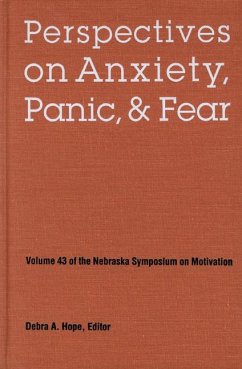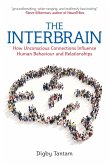Modern conceptualization of the multidimensional nature of anxiety, panic, and fear are examined from a variety of perspectives, including theories of emotion and cognition, neuropsychology, and conditioning. Carroll E. Izard and Eric A. Youngstrom open with a review of Differential Emotions Theory. In the second chapter, Jeffrey A. Gray and Neil McNaughton summarize and update Gray's neuropsychological theory of anxiety. Susan Mineka and Richard Zinbarg consider what modern conditioning theory contributes to the understanding of emotion, and Richard J. McNally offers an overview of the application of experimental cognitive paradigms to fear, panic, and anxiety. The volume concludes with a new version of David H. Barlow's theory of emotional disorders. Barlow, Bruce F. Chorpita, and Julia Turovsky draw from work on emotion, neurophysiology, attributions, learning, ethology, attention, and child development to describe how the inappropriate activation of fear (e.g., a panic attack) can trigger events that may eventually become a clinical anxiety disorder. "Perspectives on Anxiety, Panic, and Fear "confirms that anxiety, panic, and fear are complex phenomena requiring a multidimensional approach that ranges from neuroanatomy to conditioning.
Hinweis: Dieser Artikel kann nur an eine deutsche Lieferadresse ausgeliefert werden.
Hinweis: Dieser Artikel kann nur an eine deutsche Lieferadresse ausgeliefert werden.








